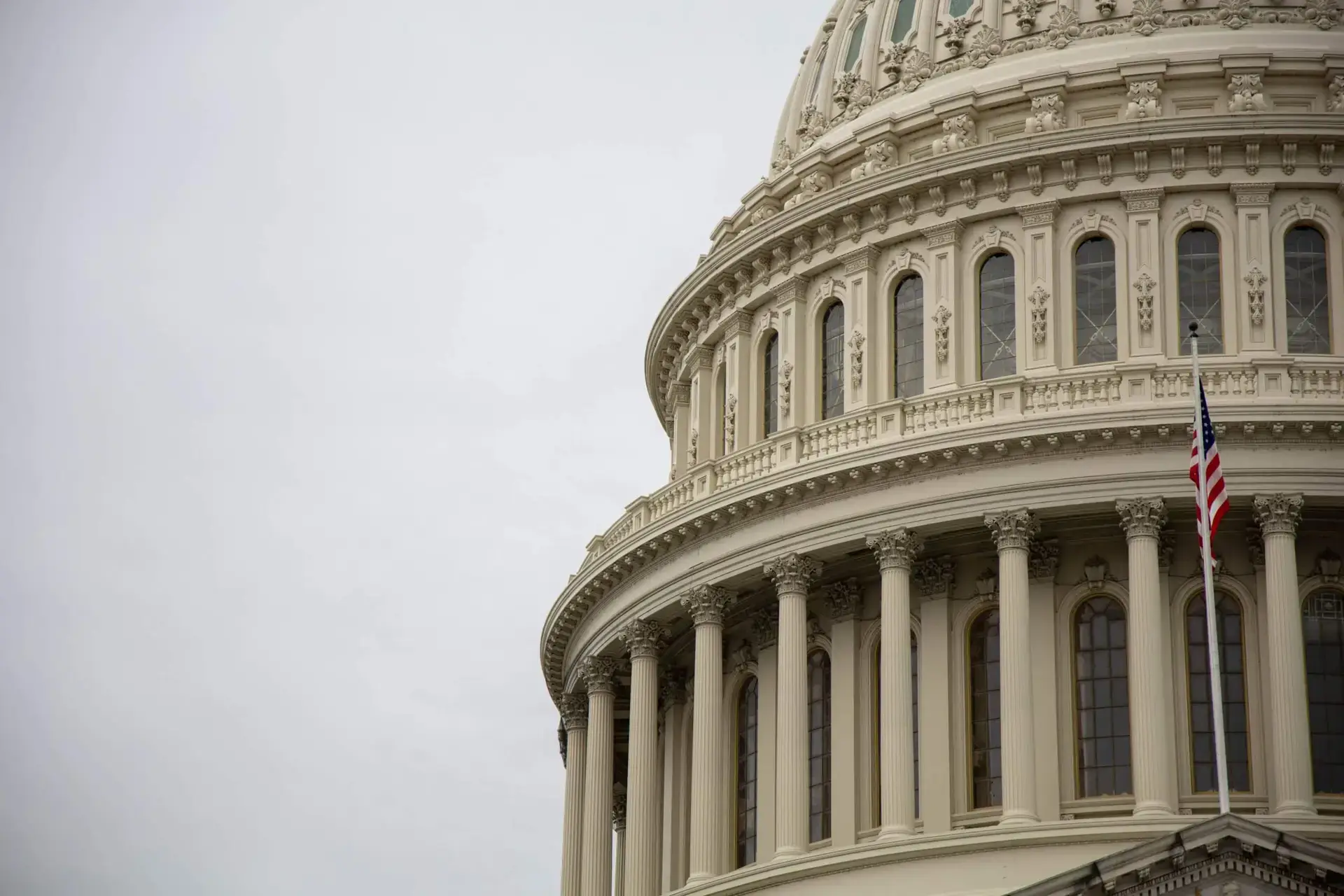If you are like me, you have been grieved deeply by the amount of political division we have seen in recent months. We are living in some of the most politically charged times our country has ever seen.
I am saddened by the overwhelming reality that, recently, our country looks more like the Divided States of America than the United States of America. Outrage is rewarded. Standing up for Biblical doctrine is often considered hate speech. When we disagree, our adversary is a bigot. Opinions are either too insensitive or not forward-thinking enough. The list goes on and on.
In our hyper-divided, identity-driven culture, we are often pushed to declare allegiance to a variety of extremes. We are challenged to declare either Christian or atheist/agnostic, Republican or Democrat, pro-vaccine or anti-vaccine, pro-mask or anti-mask, pro-life or pro-choice. In this state, it is either Alabama or Auburn – or is it Troy or South Alabama or UAB? I digress.
I have been in student ministry in some capacity for the past six years. The political climate we see now is night and day different than it was such a short time ago. Be it racial tension, sexual ethics, socioeconomic issues or drug legalization and decriminalization, politics in 2021 moves the cultural needle.
Evidence of this can be seen in evaluating the amount of news sources to which we are exposed daily. Gone are the days of news exclusively coming from FOX, CNN and NBC. Now we also have The Daily Wire, Newsmax, The Young Turks and Politico, among many others. Our nation is now more politically informed, or misinformed, than it has ever been.
With all this in mind, we as student pastors have a role in engaging with our students when it comes to politics. Leading students in the era of modern politics is a difficult undertaking, but it is necessary. Generation Z might not be the most politically informed generation, but they will surely be an extremely politically active generation. We need to help our students think through politics Biblically.
Below are five convictions for how we as student pastors minister to Gen Z amid our fluid political climate.
- We help our students develop a Biblical worldview. Our worldview is our foundational methodology behind decision-making. It is mission critical that we help students consider all aspects of life and politics Biblically. When we commit to follow Jesus, we pledge ourselves to a lifestyle demanding self-denial and establishing a new identity in Christ. We are no longer our own. We were “bought with a price” (1 Cor. 6:20). We must help our students see their need for an identity rooted in Jesus, not in the temporary nature of a fluid political climate. Politics are a good thing, but they are a terrible god thing.
- We allow Scripture to shape our convictions. Our theology must shape our ideology. Our theology sets our political agenda. We will have political convictions based on Scripture that we will not compromise. Extrabiblical methodology as a basis for our convictions is an insufficient system for our political framework. For too long, people have based their personal or political ideology on misinformation or a “shiver from their liver.” This is a dangerous way to land on convictions. The Word of God must be the foundation for our convictions.
- We view others as Jesus views us. This is simple enough, right? I am regularly reminded that I do a terrible job of loving my neighbor well. When I remember how Jesus views me, I am reminded that I am a terrible sinner in need of a Savior. I regularly miss the mark. Considering this reality, I am reminded that all people – even those with whom I disagree – are image-bearers of God Himself, and I must love them as Jesus does.
- We extend grace to those we disagree with. Diversity of ideas is not a bad thing! As a matter of fact, diversity is a picture of the church. We all bring unique qualities and ideas to the table. Not everyone is a foot or an ear (1 Cor. 12:12-27), but we all have value. I have brothers in Christ with whom I disagree on soteriology and eschatology. In the same way, I have friends and relatives with whom I disagree politically. We can disagree on certain topics and still be brothers and sisters, but it will require a humble disposition and a willingness to extend grace, just as grace has been extended to us in our relationship with Christ.
- The Glory of God must be our motivation. What is the purpose of engaging in political discourse if the goal is not to bring glory to the Father? If we set God’s glory as our agenda, it prevents us from seeing the political arena as an opportunity to put others down. The goal should not be to win an argument but rather to help others see Jesus at work in us. Too often, I scroll through social media and witness “professing Christians” weigh in on a political argument for the purpose of winning rather than pointing someone to Jesus. It is possible to win a political debate and lose the ability to speak life into someone who is in desperate need of the Savior. Eternity is at stake. More importantly, God’s glory is at stake.
Earlier I mentioned that I have been grieved by the divisive nature of our current climate. While I am grieved, I am not without hope. Jesus still reigns. Jesus is still sovereign. Jesus is still longsuffering. Most importantly, Jesus is still coming back, which is cause for our eternal Hope. Amid all the political division and polarity, let’s help our students fix their eyes on Jesus, the Founder and Perfecter of our faith.







 by
by